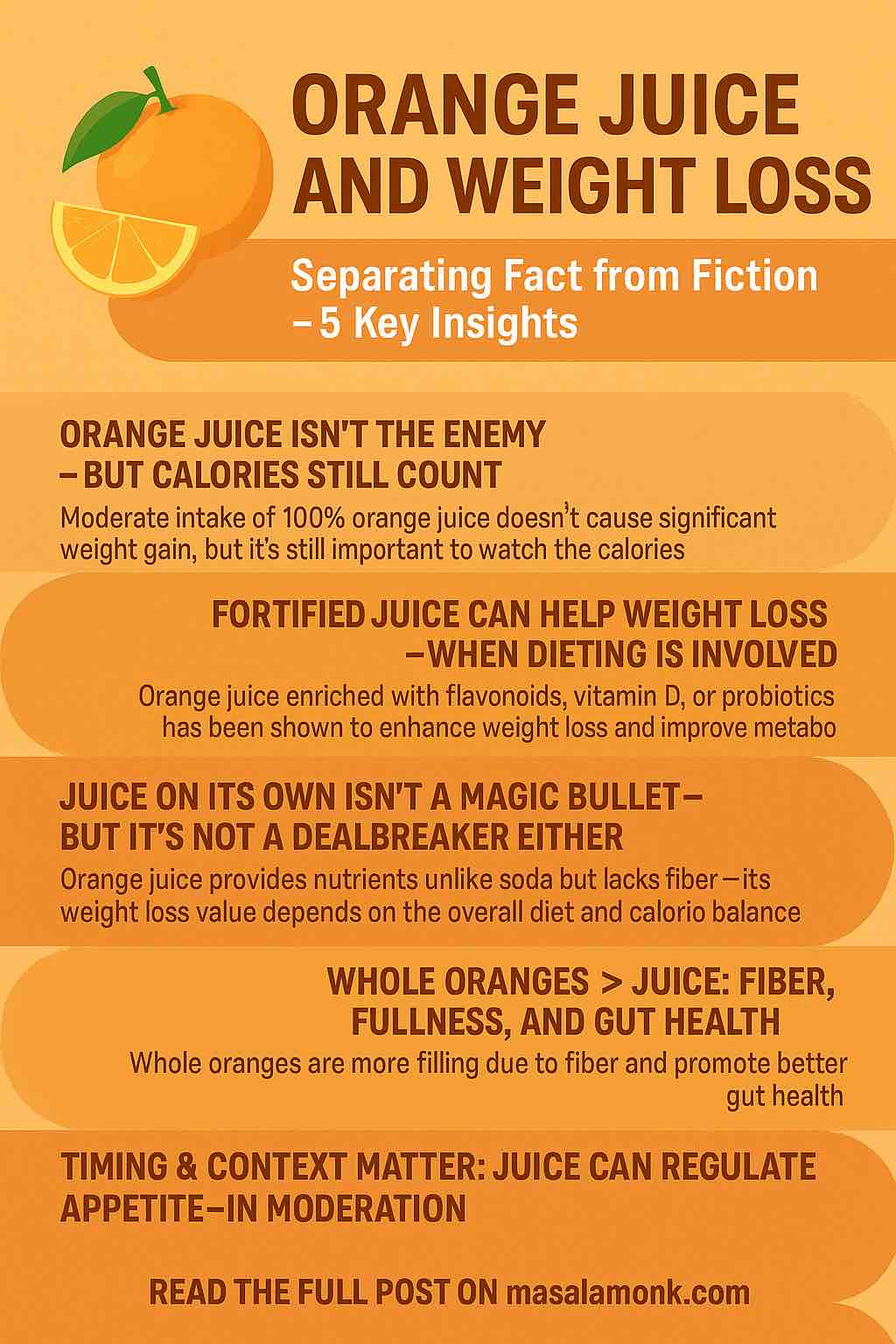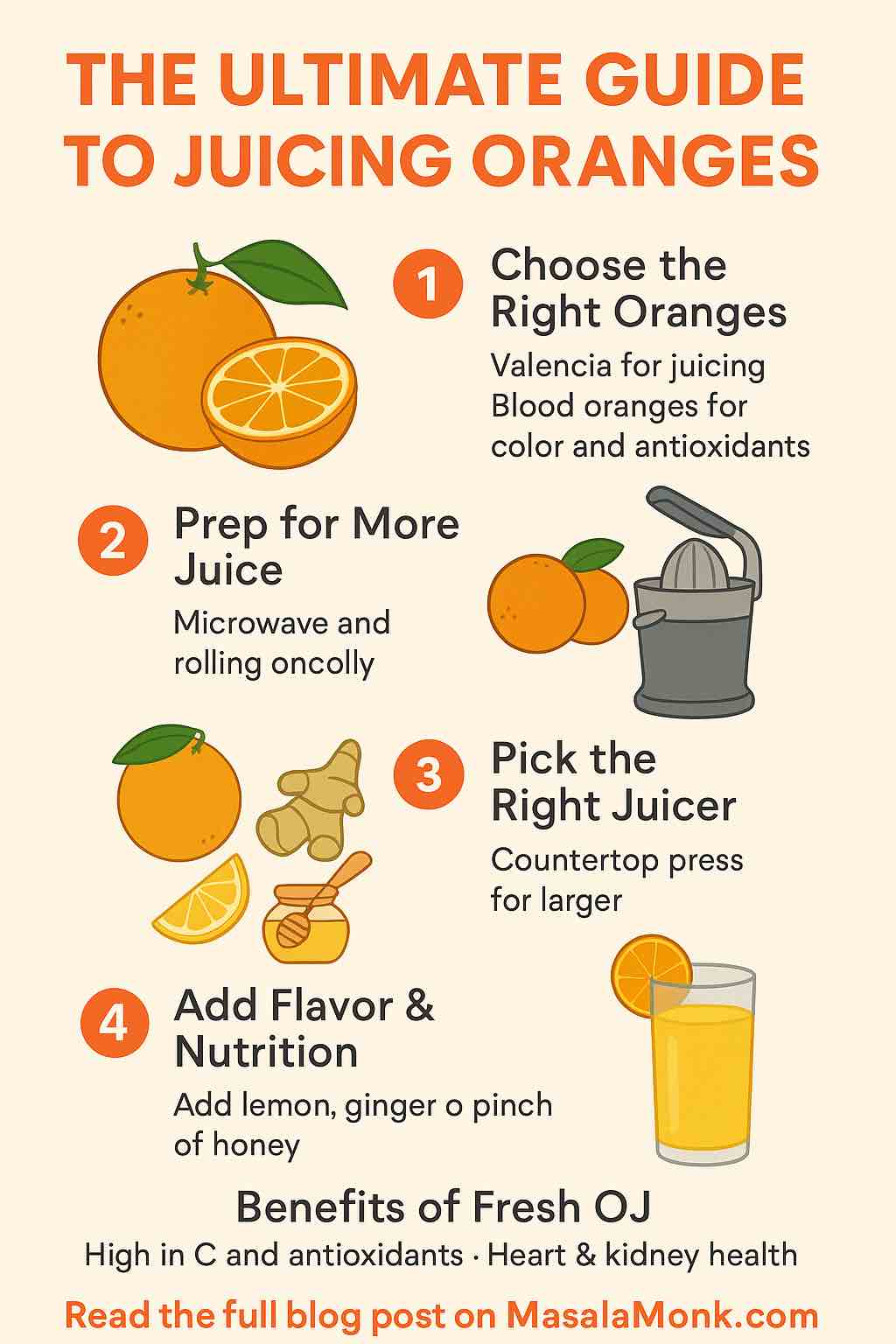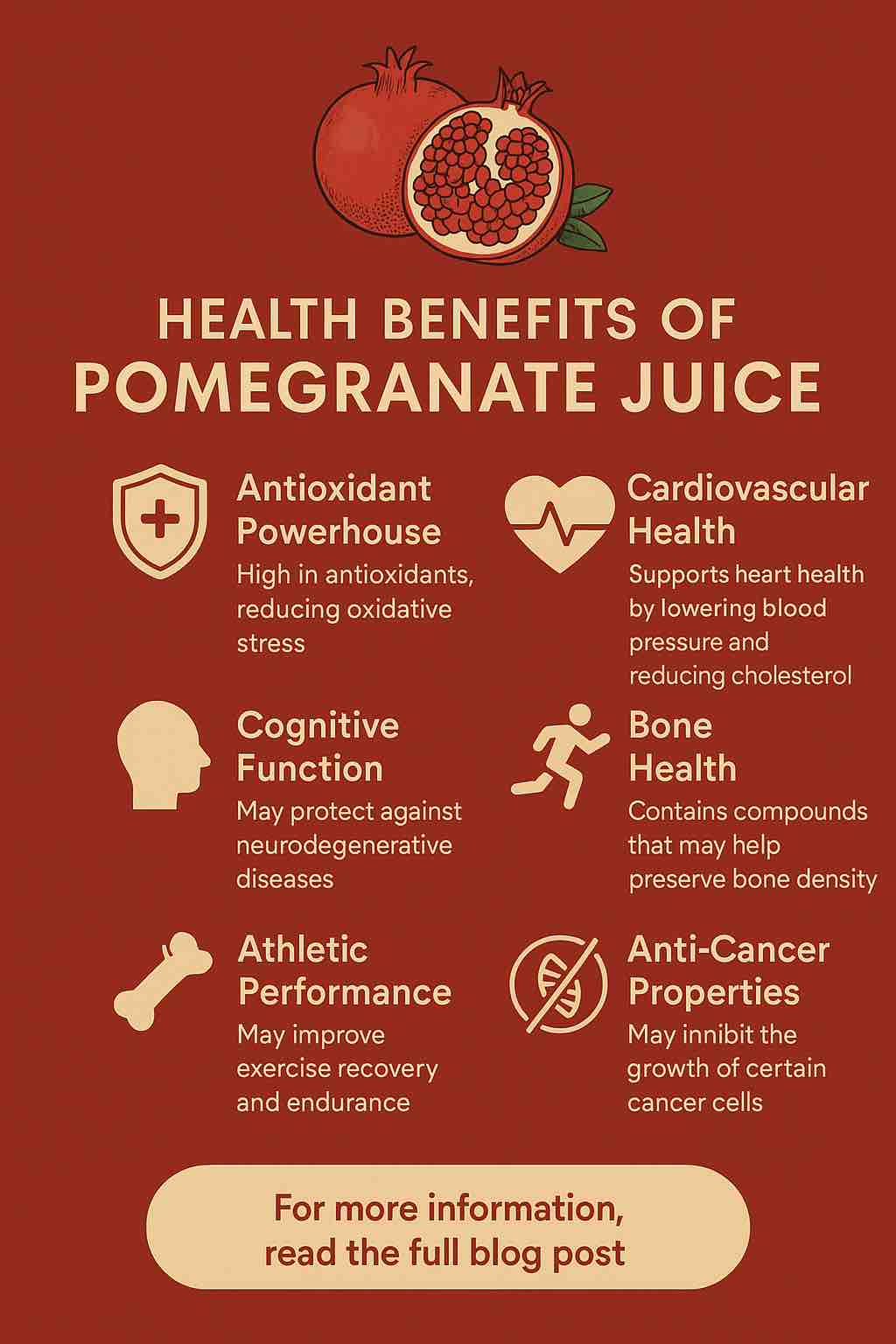
We’ve all hit that dreaded afternoon slump. It’s 2:37 PM. Your eyes blur, your focus drifts, and your energy seems to vanish. The go-to fix? For many, it’s a shot of espresso or another iced coffee. But what if there’s a smarter, gentler, and more nourishing way to recharge without caffeine?
Welcome to the world of DIY non-caffeinated energy drinks—hydrating, plant-powered, and surprisingly effective. This guide will not only give you easy-to-make recipes but also help you understand why they work, when to use them, and how to adapt them for your specific needs.
🌿 Why Go Caffeine-Free in the Afternoon?
While caffeine is a powerful stimulant, it has its drawbacks:
- Disrupted sleep if consumed after 2–3 PM.
- Energy crashes due to cortisol-spiking effects.
- Tolerance buildup, requiring more to get the same effect.
- Digestive strain (especially from acidic or dairy-laden drinks).
Instead of relying on that 3rd cup of coffee, you can support your body’s natural rhythm by turning to drinks that:
- Hydrate
- Replenish electrolytes
- Offer natural glucose
- Reduce inflammation
- Support sustained energy
🧪 The Science of Energy Without Stimulants
Energy is more than a buzz—it’s about cellular efficiency. To maintain steady energy through your afternoon, your body needs:
| Need | Why It Matters | What Solves It |
|---|---|---|
| Hydration | Prevents fatigue, brain fog | Water, electrolytes |
| Glucose | Fuels brain + muscles | Honey, fruit sugars, chia |
| Electrolytes | Maintain cellular hydration and nerve signals | Sea salt, coconut water, citrus |
| Anti-inflammation | Reduces sluggishness | Ginger, turmeric, cayenne |
| Adaptogenic balance | Supports cortisol regulation | Lemon balm, tulsi, ashwagandha |
🥤 5 Proven DIY Non-Caffeinated Energy Drinks
Each of these recipes is designed to be:
✅ Easy to make
✅ Low-cost
✅ Nutritionally effective
✅ Flexible & customizable
1. Citrus Electrolyte Refresher
A light, crisp hydration drink that mimics natural sports drinks—minus the synthetic stuff.
Ingredients:
- 1 liter cold water
- Juice of 1 lemon
- Juice of 1 lime
- ¼ tsp sea salt (unrefined if possible)
- 1 tbsp raw honey (or maple syrup)
- Optional: ½ cup coconut water for potassium
Instructions:
Mix everything and shake well. Keep chilled. Sip slowly during afternoon work sessions or after walks.
Why It Works:
Combines hydration with sodium, potassium, and glucose. Keeps your cells happy and your brain alert.
2. Spicy Ginger-Turmeric Warm Tonic
For cooler days or post-lunch digestion aid. Think of this as a gentle fire to rekindle your inner energy.
Ingredients:
- 2 cups hot water
- 1 tsp freshly grated ginger
- ¼ tsp turmeric powder (or 1 tsp fresh turmeric)
- 1 tbsp lemon juice
- 1 tsp honey
- Pinch of cayenne pepper
- Pinch of black pepper (enhances turmeric absorption)
Instructions:
Simmer ginger and turmeric for 5–10 minutes, then strain. Add lemon, honey, and spices. Sip warm.
Why It Works:
Boosts circulation, curbs inflammation, aids digestion, and lifts mood.
3. Chia Lemon Energy Gel Drink
A fiber-rich energy bomb for long working stretches.
Ingredients:
- 1 cup water or coconut water
- Juice of ½ lemon
- 1 tbsp chia seeds
- Optional: ½ tsp maple syrup or raw honey
Instructions:
Stir everything and let sit 10–15 minutes until chia swells. Shake before drinking.
Why It Works:
Chia offers protein, fiber, omega-3s, and stabilizes glucose for sustained energy release.
4. The Cocoa Calm Booster
Great for when you’re feeling mentally tired but overstimulated.
Ingredients:
- 1 cup hot water or oat milk
- 1 tbsp raw cacao powder (not Dutch-processed)
- 1 tsp honey or date syrup
- Optional: pinch cinnamon or maca powder
Instructions:
Whisk all ingredients until smooth. Drink slowly as a warm, calming ritual.
Why It Works:
Cacao contains theobromine, a gentler cousin of caffeine, which stimulates without jitters. It also supports dopamine production and mood.
5. Fruit & Herb Infused Water (Low-Glycemic Option)
Ideal for those watching sugar but still want a refreshing pick-me-up.
Ingredients:
- 1 liter cold water
- Slices of cucumber, orange, or strawberries
- A few sprigs of mint, basil, or lemon balm
- Optional: splash of apple cider vinegar
Instructions:
Let the ingredients infuse in the fridge for at least 2 hours. Drink as needed.
Why It Works:
Hydrating, refreshing, and rich in antioxidants. Mint and lemon balm promote mental clarity and calm.
🧠 When to Drink for Maximum Benefit
| Time | Ideal Drink | Why |
|---|---|---|
| 1–2 PM | Citrus electrolyte refresher | Replaces post-lunch fluid loss |
| 3–4 PM | Chia lemon or cocoa drink | Boosts energy without crash |
| Before workout | Ginger-turmeric or citrus | Preps muscles & focus |
| Post-work slump | Fruit-herb infusion | Light and uplifting |
🔄 Customize Your Drink Like a Pro
- Need more fuel? Add a teaspoon of nut butter to cacao drinks.
- Keto-friendly? Skip honey/maple and use monk fruit or stevia.
- Stressful afternoon ahead? Add a few drops of lemon balm or tulsi tincture.
- Post-workout hydration? Prioritize coconut water and salt-based drinks.
⚠️ A Few Cautions
- Sea salt dosage: Don’t exceed 1 tsp daily unless exercising heavily.
- Allergies: Ginger and citrus can irritate some guts—adjust accordingly.
- Blood sugar: Monitor effects if diabetic—use lower glycemic sweeteners.
- Adaptogens/herbs: Check for interactions if on medication.
✅ Your Afternoon Energy Routine (5-Minute Prep)
- Morning: Mix your chosen tonic and store it in a glass bottle.
- Post-lunch: Sip slowly to prevent post-meal dip.
- 3:30 PM: Reach for chia or cacao blend to finish the day strong.
- Evening: Skip caffeine entirely—your sleep will thank you.
🌟 Final Thought
Reclaiming your energy doesn’t have to involve another coffee or sugary soda. With these simple, powerful DIY drinks, you can nourish your body, sharpen your mind, and sail through your afternoon with clarity and calm.
So next time you feel the slump coming on, ask yourself:
“Do I need a stimulant… or do I just need to hydrate, balance, and breathe?”
🔍 Frequently Asked Questions (FAQs)
1. Can non-caffeinated energy drinks really help fight afternoon fatigue?
Yes. Fatigue is often caused by dehydration, low blood sugar, or inflammation—not just lack of caffeine. The DIY drinks in this post target those root causes with water, electrolytes, and nutrient-dense ingredients to support natural energy.
2. What’s the best time to drink these energy tonics?
Typically between 1 PM and 4 PM, when natural energy dips occur. You can also have them before a workout, post-lunch, or whenever you’re tempted to reach for coffee.
3. Can I prep these drinks in advance?
Absolutely. Most recipes can be prepped in the morning or the night before. Store in a sealed glass bottle or mason jar in the fridge and give a quick shake before drinking.
4. Are these drinks safe for kids or teens?
Yes—especially options like the fruit-infused water, chia lemon drink, or citrus electrolyte blend. Just be mindful of added spices (like cayenne) and adjust for their palate.
5. Will these drinks spike my blood sugar?
Not significantly. They’re lightly sweetened with natural sugars (like honey or fruit) and balanced by fiber (chia), fat (if using nut milk), or protein. You can always adjust the sweetener or opt for low-glycemic options like stevia or monk fruit.
6. Can I substitute ingredients if I’m allergic or don’t have them on hand?
Yes. These recipes are flexible:
- Lemon → lime or orange
- Honey → maple syrup or agave
- Coconut water → filtered water + extra pinch of salt
- Ginger → omit or try mint for refreshment
7. What if I’m on a low-sodium diet?
Use less salt or omit entirely and focus on potassium-rich additions like coconut water, cucumber, or banana smoothies. Always consult with your doctor if you’re managing a medical condition.
8. How long will the drinks last in the fridge?
Most will stay fresh for 24–48 hours if sealed properly. Avoid letting chia-based drinks sit too long (beyond 2 days), as the texture can get overly gelatinous.
9. Can I use these drinks to replace my afternoon snack?
They’re great as a light, low-calorie alternative, but if you’re truly hungry, pair them with a small whole food snack like nuts, boiled eggs, or yogurt to stay satisfied and energized.
10. Do these drinks help with focus or just physical energy?
They support both. Ingredients like ginger, lemon, mint, and cacao enhance mental clarity and blood flow to the brain, while hydration and glucose help you maintain steady concentration.













